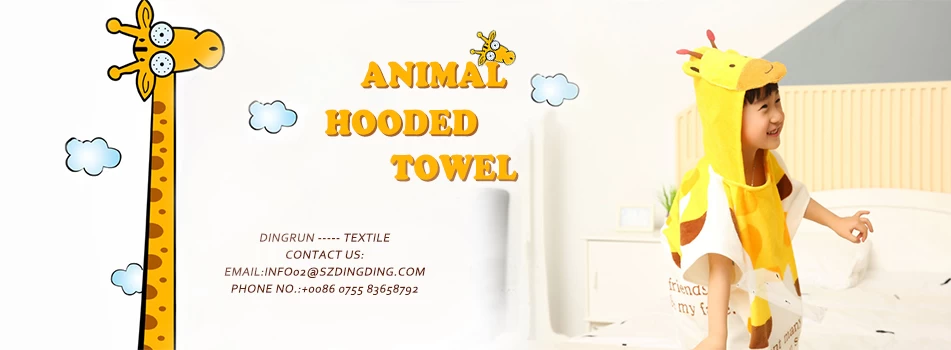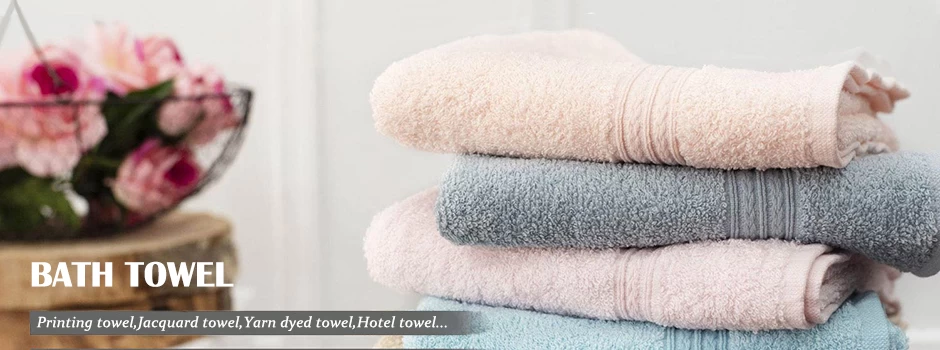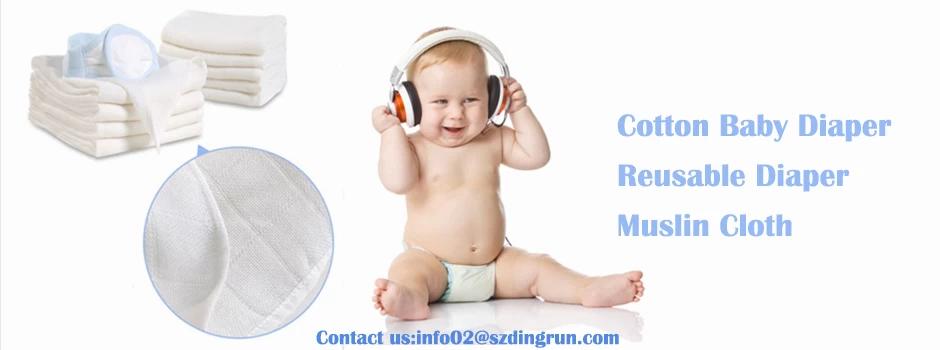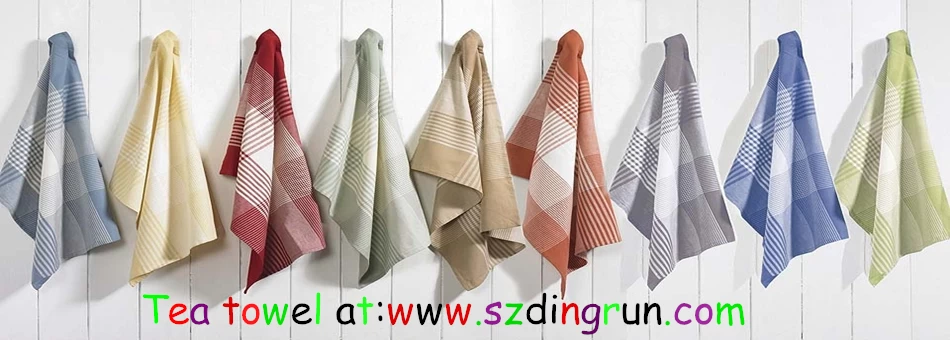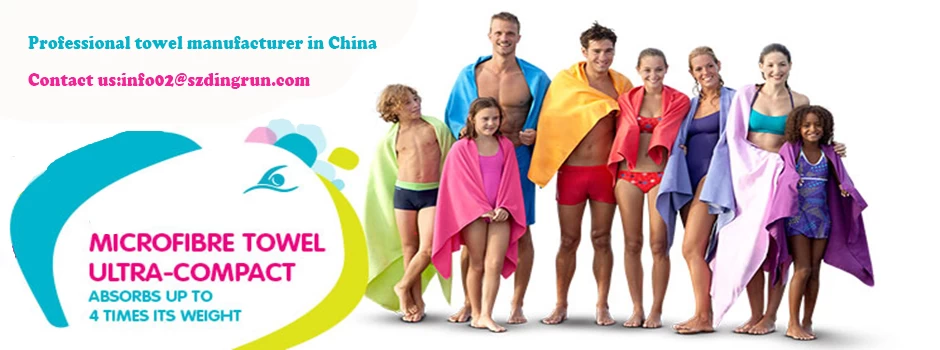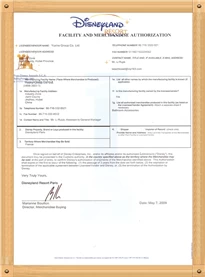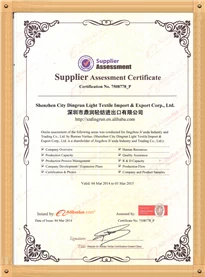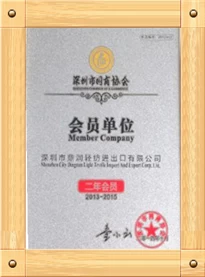Should single women be allowed to freeze eggs?
Leon Li
2020-01-09 11:27:46
An unmarried woman's lawsuit against Beijing Obstetrics and Gynecology Hospital of Capital Medical University for refusing to freeze her eggs, the first case of its kind in China, entered trial recently. Two experts share their views on the significance of the case with China Daily's Yao Yuxin. Excerpts follow:
Neither encourage not prohibit practice
The dispute between 31-year-old Xu Zaozao and the hospital centers on the right of a single woman to freeze her eggs.
Traditionally, only married women enjoy reproductive rights and the human assisted reproductive technology regulation issued in 2003 says, "it is forbidden to proceed with human-assisted reproductive technology on single women".
But the social development brought about by China's fastpaced economic growth has raised women's economic and social status. As a result, women's views on social issues are changing accordingly and a growing number of women are getting married and giving birth at a later age.
And since women's fertility declines with advancing age, it is reasonable for single women to freeze their eggs in order to preserve their reproductive potential. But the assisted reproductive technology regulation allows only married women of childbearing age to avail of human-assisted reproductive technology services and only after providing evidence that they are either infertile or undergoing medical treatment that could impair their fertility.
Nevertheless, judging by the legal provisions of the National People's Congress and NPC Standing Committee, there is nothing to suggest that single women are barred from having their eggs frozen. Therefore, the assisted reproductive technology regulation, as an administrative department's rule, should not be used to deny reproductive rights to single women. As such, the decision of the hospital to not freeze Xu's eggs may be against the spirit of the law.
Unlike the past when most women sought egg freezing services because they were battling some serious disease, a growing number of single women seeking the service today are like Xu.
The regulation needs to be changed to make it compatible with the social demands of the times, and legislation could ensure single women are not denied the right to reproduction.
Egg freezing can be a choice for single women. Yet as risks still exist in the procedure, it should neither be encouraged nor prohibited.
Wang Yue, a professor of medical ethics at the School of Medical Humanities, Peking University
Regulations needed to keep pace with the times
According to the human assisted reproductive technology regulation of 2003, as well as traditional family norms and social ethics, single women cannot freeze their eggs. But times have changed and so should regulations.
Egg freezing became a topic of national debate after actress and film director Xu Jinglei traveled to the United States to avail of the egg freezing services. Given the growing number of single women in China and their growing awareness and rights, combined with the developing reproductive technology, disputes have arisen on whether single women are entitled to reproductive rights.
The bar on single women from seeking assisted reproductive technology services has forced some women to spend tens of thousands of dollars to avail of the service overseas. So the authorities have to take some legal and medical measures to ensure single women's reproductive rights are protected.
Egg freezing can help single women to "stop the clock" on the aging of their eggs so they can be used later. It also allows a single woman to build her career or lead the lifestyle she wants to, and choose to become a mother when, say, she finds the right partner. It can also help single women suffering from cancer or other diseases to give birth after completing their treatment.
The authorities could take all these factors into consideration and lift the ban on single women seeking assisted reproductive technology services. They also need to work out related regulations such as making it mandatory for medical institutions to fully inform single women of the possible risks of freezing eggs, and detailing how to store and dispose of frozen eggs.
Zhang Li, a professor at the Civil and Commercial Law School, Southwest University of Political Science and Law in Chongqing.
Neither encourage not prohibit practice
The dispute between 31-year-old Xu Zaozao and the hospital centers on the right of a single woman to freeze her eggs.
Traditionally, only married women enjoy reproductive rights and the human assisted reproductive technology regulation issued in 2003 says, "it is forbidden to proceed with human-assisted reproductive technology on single women".
But the social development brought about by China's fastpaced economic growth has raised women's economic and social status. As a result, women's views on social issues are changing accordingly and a growing number of women are getting married and giving birth at a later age.
And since women's fertility declines with advancing age, it is reasonable for single women to freeze their eggs in order to preserve their reproductive potential. But the assisted reproductive technology regulation allows only married women of childbearing age to avail of human-assisted reproductive technology services and only after providing evidence that they are either infertile or undergoing medical treatment that could impair their fertility.
Nevertheless, judging by the legal provisions of the National People's Congress and NPC Standing Committee, there is nothing to suggest that single women are barred from having their eggs frozen. Therefore, the assisted reproductive technology regulation, as an administrative department's rule, should not be used to deny reproductive rights to single women. As such, the decision of the hospital to not freeze Xu's eggs may be against the spirit of the law.
Unlike the past when most women sought egg freezing services because they were battling some serious disease, a growing number of single women seeking the service today are like Xu.
The regulation needs to be changed to make it compatible with the social demands of the times, and legislation could ensure single women are not denied the right to reproduction.
Egg freezing can be a choice for single women. Yet as risks still exist in the procedure, it should neither be encouraged nor prohibited.
Wang Yue, a professor of medical ethics at the School of Medical Humanities, Peking University
Regulations needed to keep pace with the times
According to the human assisted reproductive technology regulation of 2003, as well as traditional family norms and social ethics, single women cannot freeze their eggs. But times have changed and so should regulations.
Egg freezing became a topic of national debate after actress and film director Xu Jinglei traveled to the United States to avail of the egg freezing services. Given the growing number of single women in China and their growing awareness and rights, combined with the developing reproductive technology, disputes have arisen on whether single women are entitled to reproductive rights.
The bar on single women from seeking assisted reproductive technology services has forced some women to spend tens of thousands of dollars to avail of the service overseas. So the authorities have to take some legal and medical measures to ensure single women's reproductive rights are protected.
Egg freezing can help single women to "stop the clock" on the aging of their eggs so they can be used later. It also allows a single woman to build her career or lead the lifestyle she wants to, and choose to become a mother when, say, she finds the right partner. It can also help single women suffering from cancer or other diseases to give birth after completing their treatment.
The authorities could take all these factors into consideration and lift the ban on single women seeking assisted reproductive technology services. They also need to work out related regulations such as making it mandatory for medical institutions to fully inform single women of the possible risks of freezing eggs, and detailing how to store and dispose of frozen eggs.
Zhang Li, a professor at the Civil and Commercial Law School, Southwest University of Political Science and Law in Chongqing.
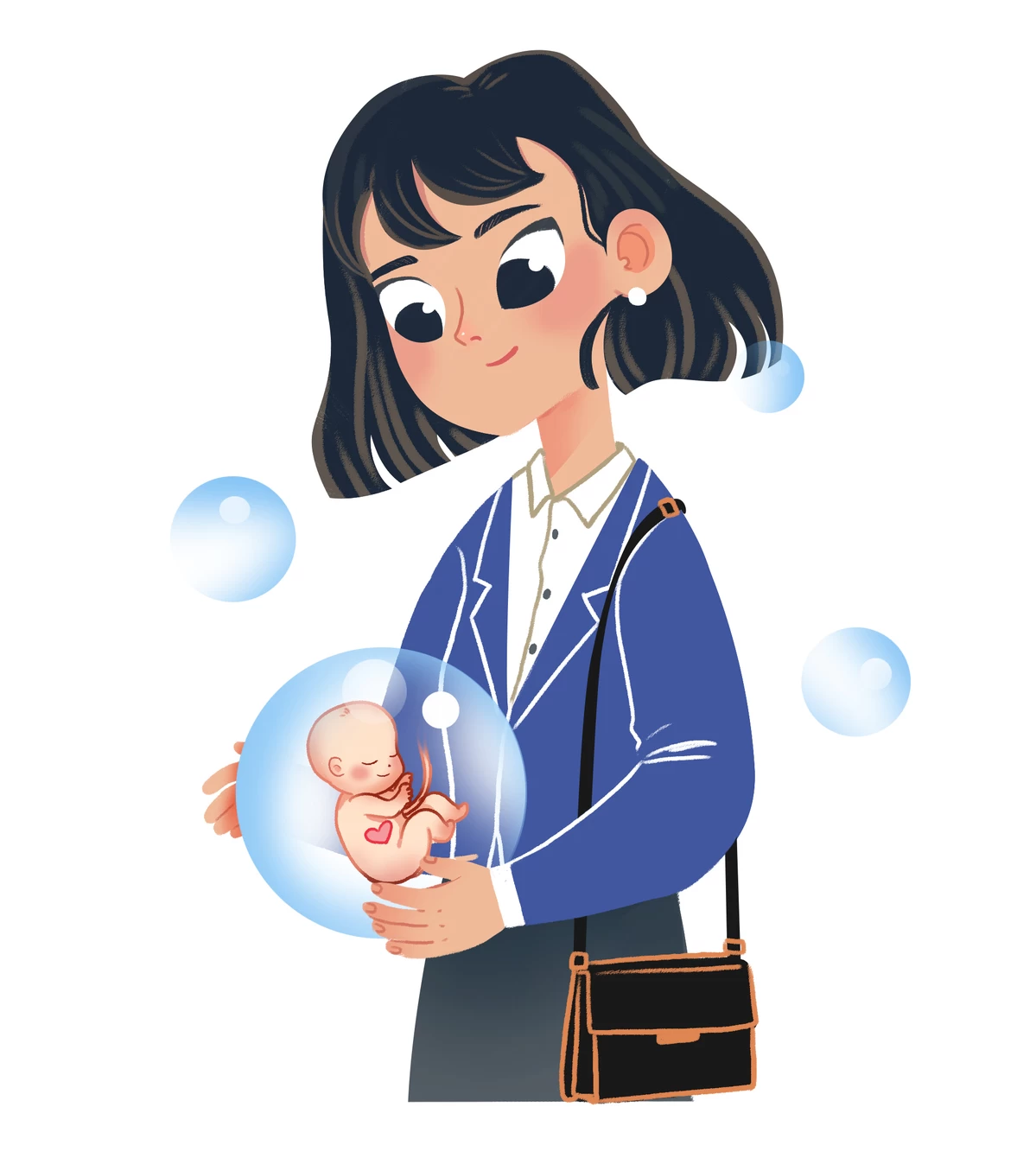
The above news was excerpted from china daily by China towel supplier Shenzhen City Dingrun Light Textile Import and Export Corp.Ltd, a company specialized in producing baby diapers, baby bibs, beach towel, blankets, bath towels, tea towels, compressed towels, microfiber towels etc.

